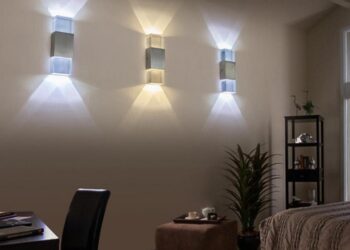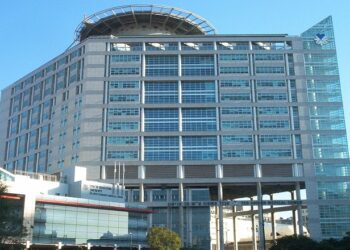Residents of the city prefer to contact the head of the city, and not to the Council of Deputies, this is evidenced not only by the survey conducted on the website of the Open Line newspaper, but also by the Council of Deputies about the appeals of citizens for the entire period after the election of the SD from 2017 to 2018.
From the data on the official website of the administration, it is clear that since 2017 the number of individual and collective appeals has almost doubled: from 75 to 43.
In 2017, 80 official receptions of citizens were held in accordance with the approved schedules. 8 appeals were registered at official receptions, the report said. Of these numbers, it is clear that no one comes to deputy techniques.
And what can the deputies? – Question, rather, rhetorical. If summarized, they can write an appeal to the appeal, t. e. take the citizen’s appeal and address him with his accompanying letter to the head of the city and higher up to the president and the General Prosecutor’s Office. But our deputies rarely take out the ICs from the hut, limiting themselves to oral questions to the chapter on the SD.
Most of the appeals received by deputies at a personal reception, as well as directly by telephone, concerns the improvement of house territories and issues of housing and communal services. Based on the results of consideration of these appeals, deputies draw up an action plan for the calendar year following the year of appeal.
Such “efficiency” cannot but harm the reputation of deputies.
To everything else, the human factor plays an important role. The deputies themselves do not believe that they will be able to stir up the system to help their voters.
With the advent of the Public Chamber, people will have a choice: go to the deputy who cannot help, or to the new one who has not yet had time to disappoint, the structure.
But it seems that everything will be as always. All appeals will receive the chapter, and the head to delegate appeals further. Oh, this vertical.








